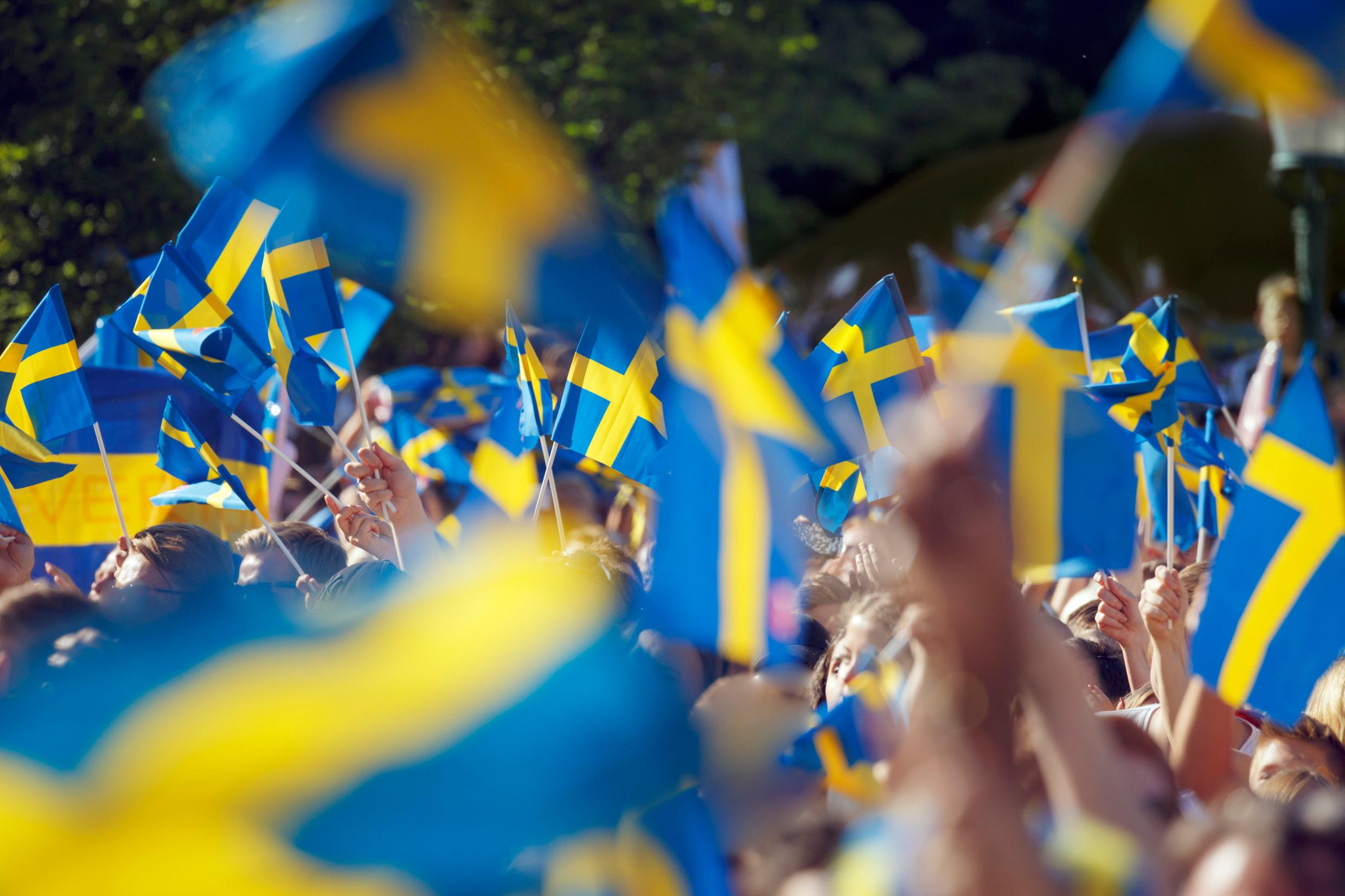The National Day of Sweden – 6 June
Sweden celebrates its National Day on 6 June.
Why 6 June?
The date honours two milestones in Swedish history:
It’s the date on which Gustav Vasa was elected king in 1523. Through his election, Sweden left the so-called Kalmar Union with Denmark and Norway, and once again became independent, which the country has been ever since.
In 1809, also on 6 June, Sweden adopted a new constitution, which changed how the power was to be divided between the parliament and the king. The principle of separation of powers became central in the Swedish Constitution, with greater distinction made between legislative, judicial and executive power.
How do Swedes celebrate?
Normally, the King and Queen of Sweden take part in a ceremony at Skansen, Stockholm’s open-air museum, on the National Day. The blue and yellow Swedish flag is run up the mast, and children in traditional peasant costume present the royal couple with bouquets of summer flowers.
Generally speaking, however, Sweden’s National Day comes with rather few displays of national pride compared with many other countries.
To many, it’s a public holiday that welcomes socialising with family, friends and loved ones, hopefully outdoors if the weather permits – but with few rules or given rituals.
One given event on the National Day is welcoming ceremonies for new Swedish citizens, which are held across the country.
A public holiday since 2005
In 2004, the Swedish parliament voted to make the National Day a public holiday. This decision took decades to reach − various proposals had been discussed under a succession of governments. The public holiday was finally implemented in 2005.
Today, there are groups lobbying for the introduction of an official national pastry, and a national dish, and for the key-fiddle (nyckelharpa) to be made the national instrument. But even for ideas as innocent as these, arriving at a consensus has proved difficult.
The origins of Sweden’s National Day
At the turn of the century (around 1900, that is), national romantic winds were blowing through Sweden and folklore societies and local history museums were established. It was around then that 6 June first became a day of celebration.
The original idea came from Artur Hazelius, who founded the Skansen open-air museum in Stockholm and held a national day celebration there on 6 June as early as the 1890s.
At the 1893 World Fair in Chicago, Sweden presented Midsummer Day as a form of Swedish national day, so in the 1890s Sweden celebrated the occasion twice a year.
In 1916, 6 June became the Swedish Flag Day, celebrating the fact that Sweden had acquired its own flag following the dissolution of the union with Norway in 1905.
It was not until 1983 that 6 June officially became the National Day of Sweden.


